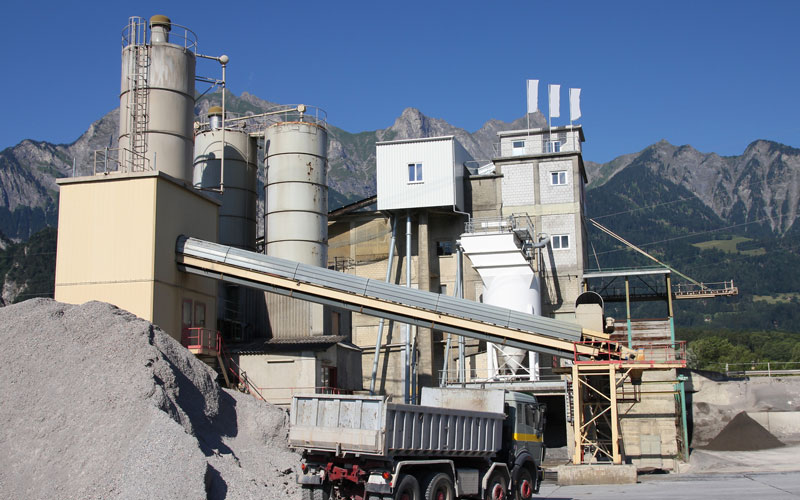Industry regulation must be anchored on fairness and consultation

It is generally accepted that some form of regulation is necessary to protect the public and social interests in the activity being regulated. However, it is also acknowledged that some forms of regulation, or regulation conducted in a certain way, can be detrimental to legitimate activities.
Regulation is one of the primary methods by which government actions affect business. The State asserts control over industry and other sectors of the economy through laws. But this comes at a cost to businesses which have to adjust their operations to comply with such directives. This tends to increase the cost of production which is passed to the consumer by way of higher product prices. Hence, regulation should be conducted in a transparent and accountable manner, not just to be fair to businesses, but also protect consumers from arbitrary actions that tend to distort the supply and prices of goods and services.
Take the case of a government agency that suddenly declares certain goods or services as having not met the set standards without even giving the entities affected by that decision an opportunity to present their case. Apart from creating unnecessary panic among consumers, it damages the reputation of brands that have invested heavily in meeting quality standards over the years.
Our Constitution expressly enshrines public participation as one of the national values and principles of good governance. State and public officers and agencies are bound by this constitutional dictate in discharging their functions. The Fair Administrative Action Act 2015 provides that a person has a right to administrative action which is expeditious, efficient, lawful, reasonable and procedurally fair. The Act also stipulates that persons adversely affected by administrative decisions are entitled to prior and adequate notice of the nature and reasons for the proposed action. The rules of natural justice also require that no one shall be condemned unheard.
Responsible regulation, therefore, calls for fair treatment of anyone affected by the decision of a public or State agency as well as regular consultation between the regulator and the regulated. Fortunately, in Kenya we have well-organised industry forums such as the Kenya Association of Manufacturers (KAM) and Kenya Private Sector Alliance (KEPSA) through which issues of mutual interest between the government and manufacturers can be addressed. These offer a good platform for engagements on issues like rules, standards, taxes, levies and other regulatory matters. KAM and KEPSA have been at the forefront of articulating industry concerns as well as proposals on progressing public-private sector dialogue. However, a major challenge is over-regulation of business at county and national levels. This has resulted in increased costs to businesses which are already burdened with multiple taxes and levies.
There should also be clarity on existing regulations. Uncertainty in the regulatory environment escalates business risks and discourages innovation. Ad hoc rules end up messing up long-term plans of manufacturers resulting in loss of capital, revenue, profits and jobs. Once a firm invests in a new plant, the investment is irreversible and so becomes a sunk cost if the plant is shut. Officials tasked with making far-reaching decisions on industry should take into account the impact of their actions on investors.
Kenya’s manufacturing competitiveness is negatively impacted by excessive and burdensome regulation. I am not sure some of the concerned institutions conduct a Regulatory Impact Assessment to minimize disruption arising from their decisions. Conflicting interests between government departments overseeing critical manufacturing rules and standards needs to be addressed to ensure harmonised coordination.
KAM has identified regulatory efficiency as one of the policy reform priority areas this year. Punishing enterprises that rigorously comply with the rules paves way for proliferation of sub-standard and counterfeit products to thrive. In short, responsible regulation is the only way to ensure locally manufactured goods are affordable and are of high quality.
— The writer is the Commercial Director, Pwani Oil Products Limited












